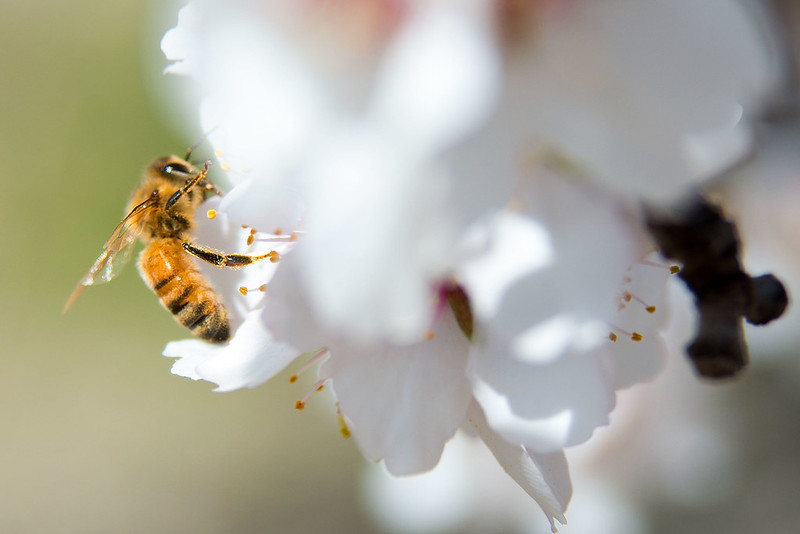
Bayer’s pesticides are harming bees
The use of neonicotinoid pesticides, like those produced by Bayer, has helped make much of America’s landscape toxic to bees.
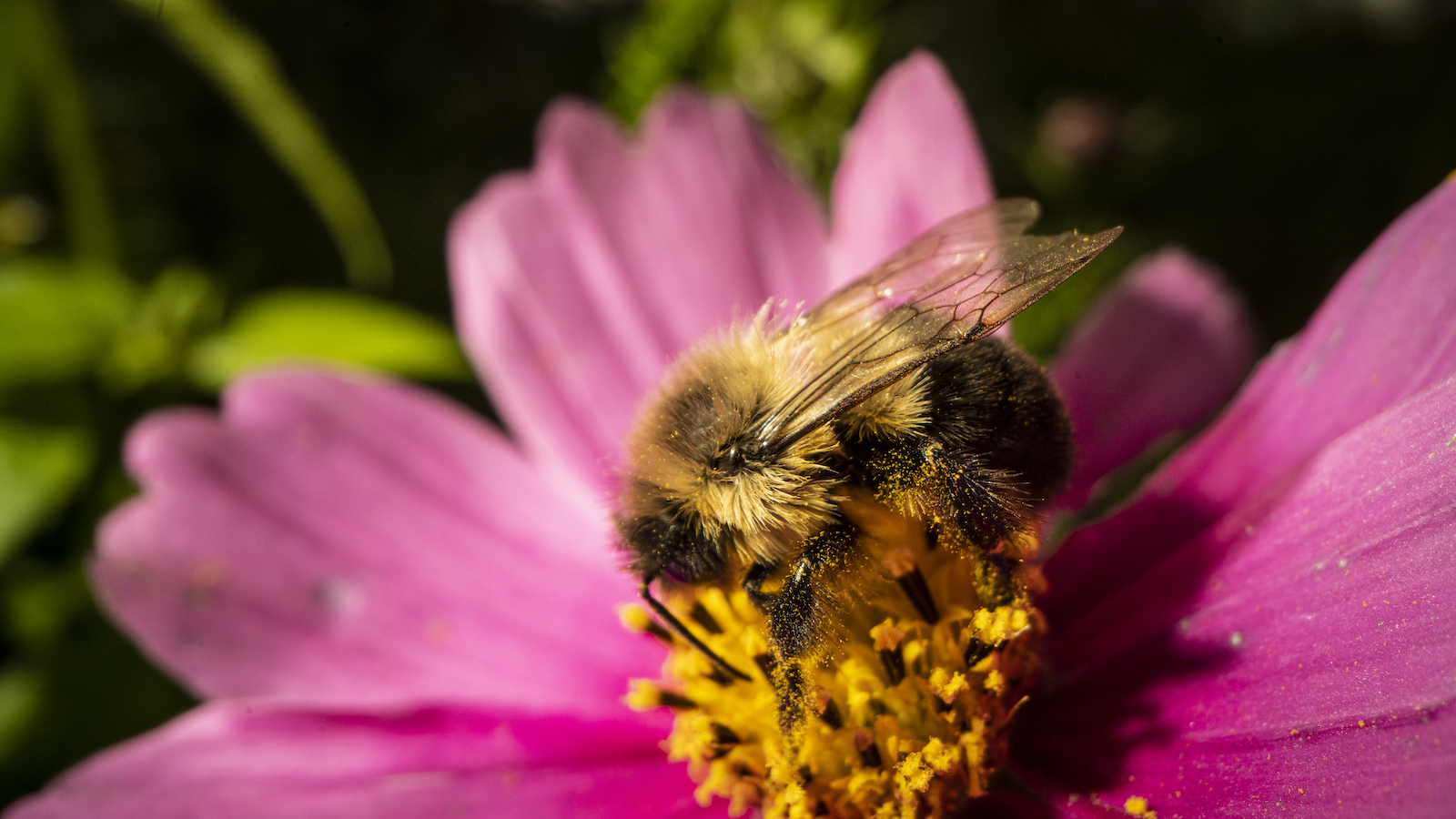
Pollinators are struggling — in large part because pesticides have made much of their environment toxic.
Over the past quarter century, the increased use of a class of pesticides called neonicotinoids, or neonics for short, has made America’s agricultural landscape roughly 48 times more toxic for bees.
Bees and other pollinators are dying from exposure to these toxic pesticides — and we need to protect them. That’s why we’re calling on one of the country’s largest pesticide manufacturers, Bayer, to do right by our bees and stop making and selling neonics.
Bayer’s pesticides are making our country toxic to bees
Put yourself in a bee’s shoes: You’ve been going to the same grocery store for your entire life.
For as long as you can remember, that grocery store has provided all the food you and your family need, allowing you to cook delicious meals for yourself and your children.
But suddenly, you notice that everything you bought from aisle four made you and your family sick — deathly sick. As the days go by, more and more is making you sick, and you have to avoid so much more: aisle six, aisle nine, aisle two, produce, frozen foods, dairy.
And one day, you’re left wondering: Where can I find food that won’t hurt me?
This is what life has been like in America for our country’s bees — except that many don’t survive long enough to make many return trips to the poisoned grocery store.
You may know Bayer as the company that bought Monsanto, the manufacturer of Roundup and other pesticides, for $63 billion in 2018. Over the past 25 years, the widespread use of neonicotinoid pesticides has left much of our country’s agricultural landscape inhospitable to bees.
And as toxicity goes up, pollinator numbers go down.
To get a scope of this decline that in large part has been driven by pesticides, let’s zero in on just one pollinator: the American bumblebee.
Once found across the country, in the past 20 years this bee has declined by a shocking 90% and disappeared altogether from eight states.
We can’t turn a blind eye to the decline in bee populations — we need to act to protect them from one of their biggest dangers.
And we can start by protecting them from bee-killing pesticides.
It’s time for Bayer to stop making and selling products with bee-killing neonics
When we protect the bees, we’re also protecting all the plant species that rely on bees for pollination, and we’re protecting all the animals — including ourselves — that rely on those plants.
Pollinators sit at the foundation of ecosystems across the planet. As many as 75% of food crops and 90% of wild flowering plants rely on pollinators for reproduction. Without pollinators, many of the foods we enjoy — such as coffee and most fruits — will struggle to reproduce.
We have to protect pollinators.
Join us in calling on Bayer to do the responsible thing for our bees and our planet by stopping its manufacture of neonics.
Topics
Authors
Steve Blackledge
Senior Director, Conservation America Campaign, Environment America
Steve directs Environment America’s efforts to protect our public lands and waters and the species that depend on them. He led our successful campaign to win full and permanent funding for our nation’s best conservation and recreation program, the Land and Water Conservation Fund. He previously oversaw U.S. PIRG’s public health campaigns. Steve lives in Sacramento, California, with his family, where he enjoys biking and exploring Northern California.
Find Out More
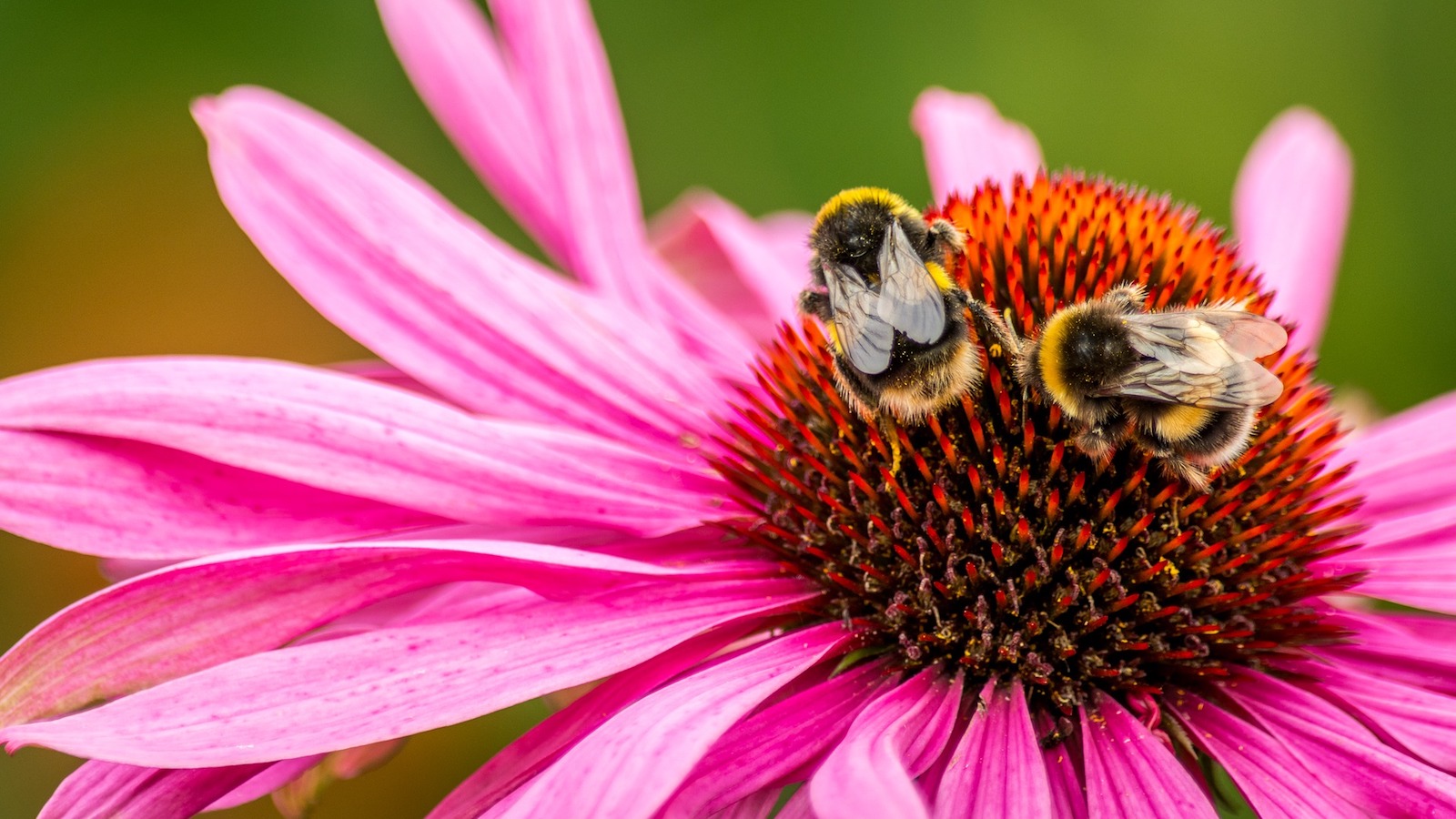
3 ways neonic pesticides are harming bees
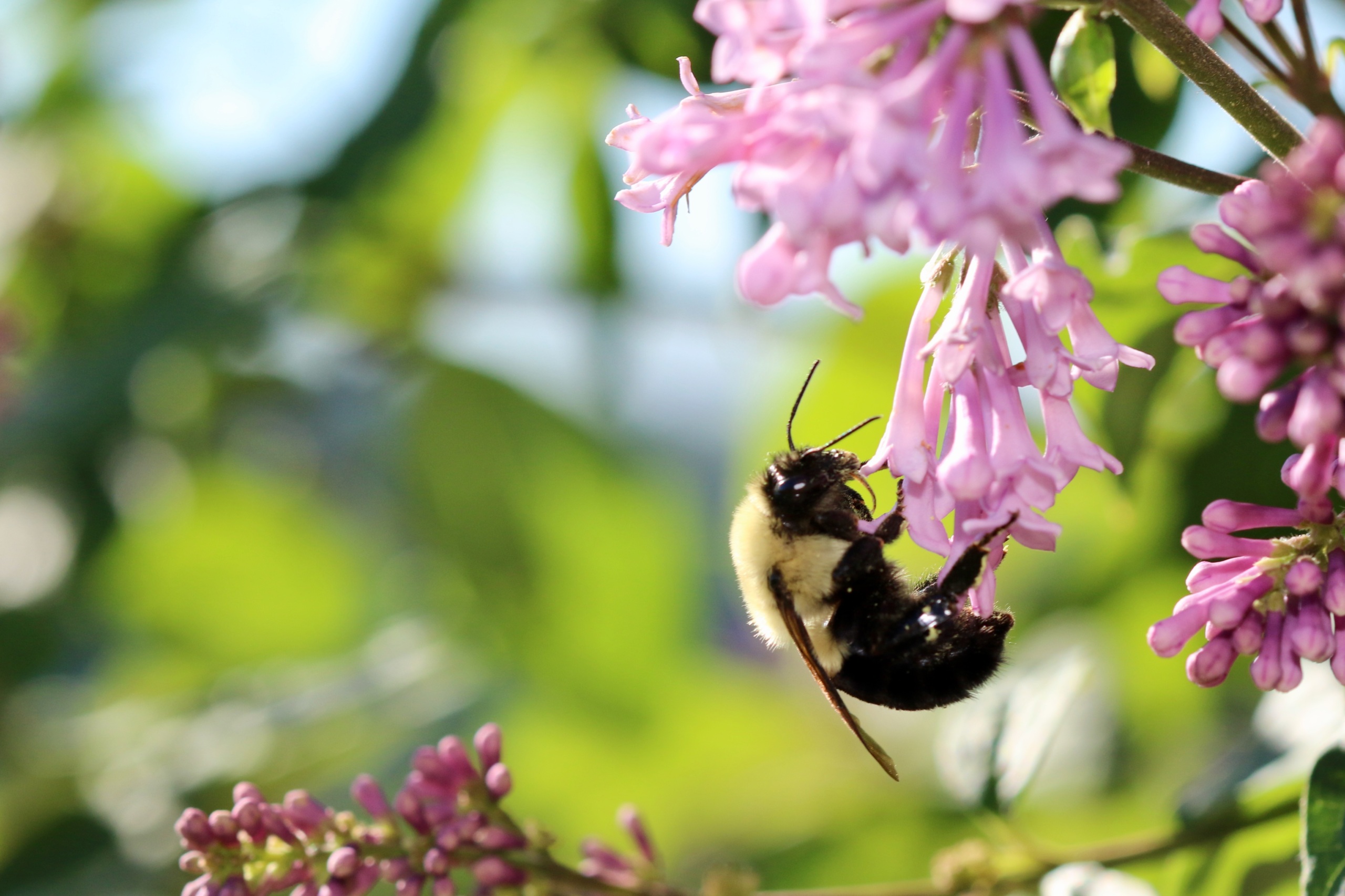
Why we should save the bees, especially the wild bees who need our help most
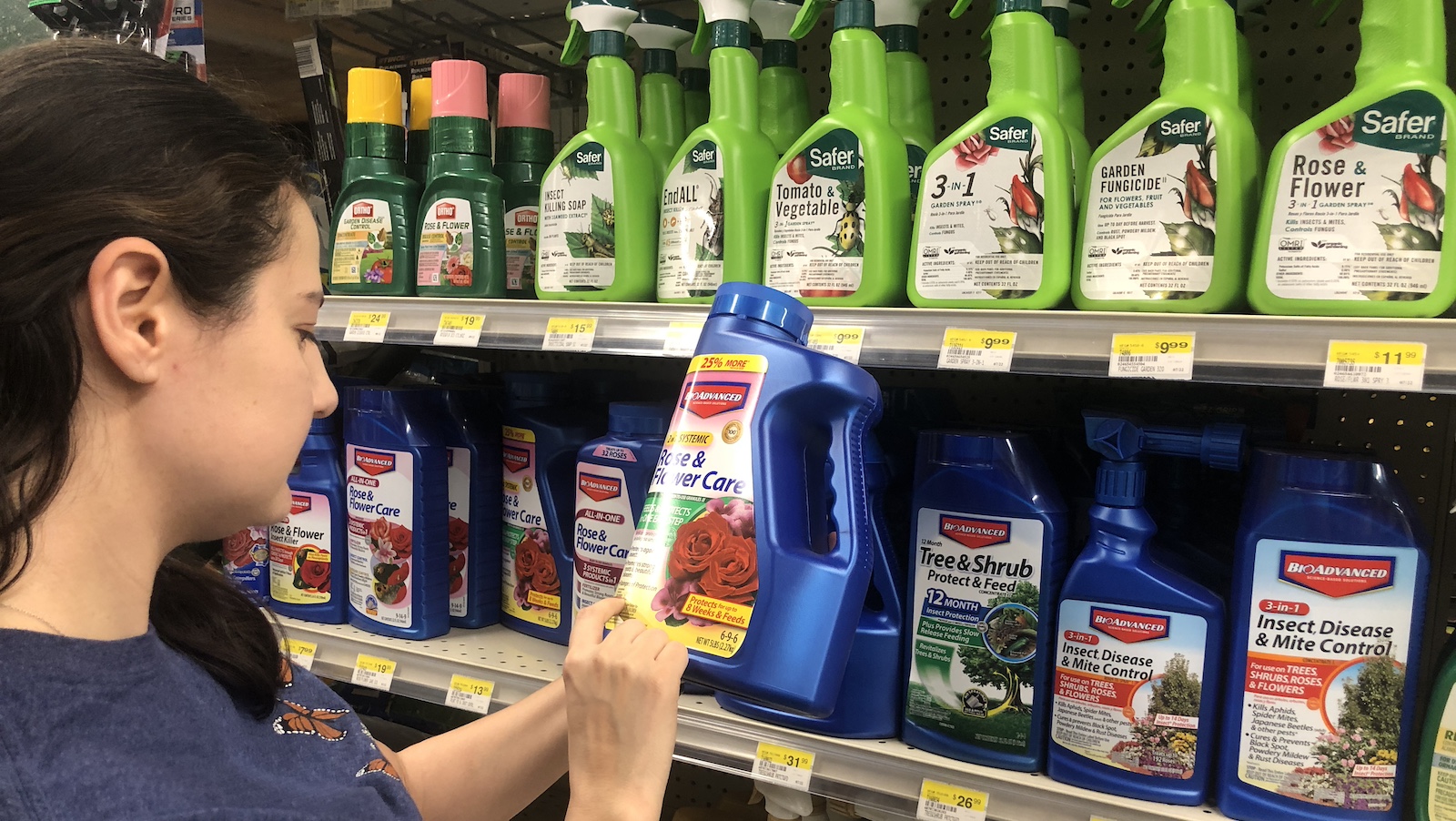
How to avoid bee-killing pesticides
